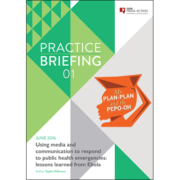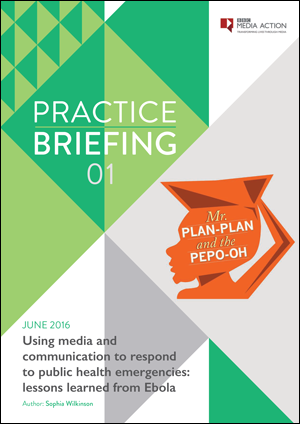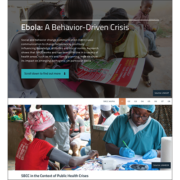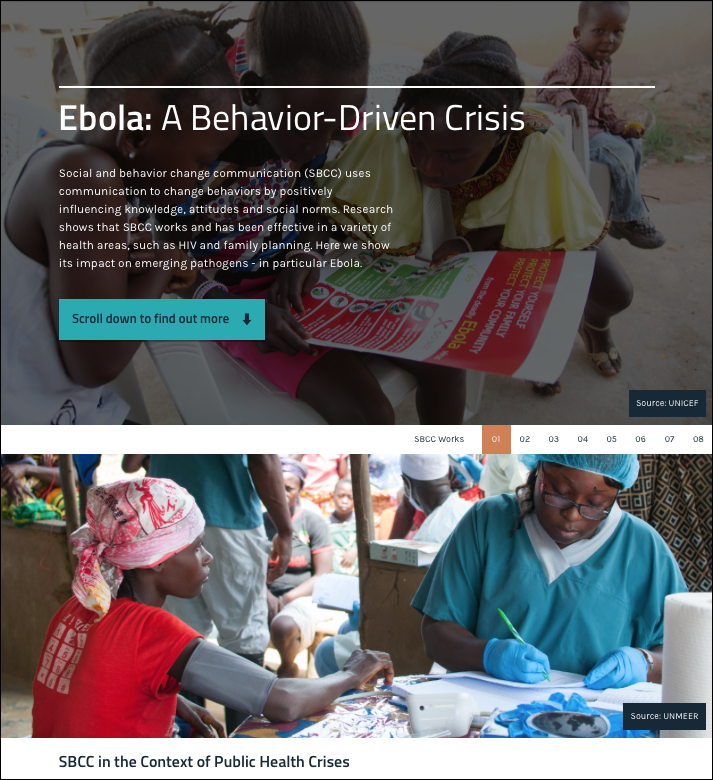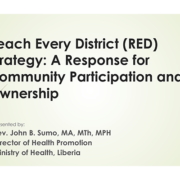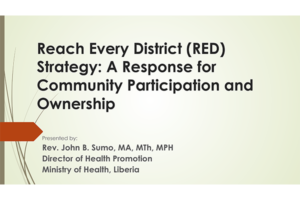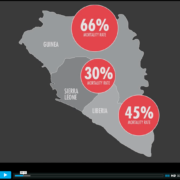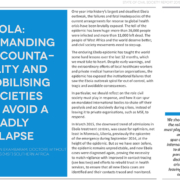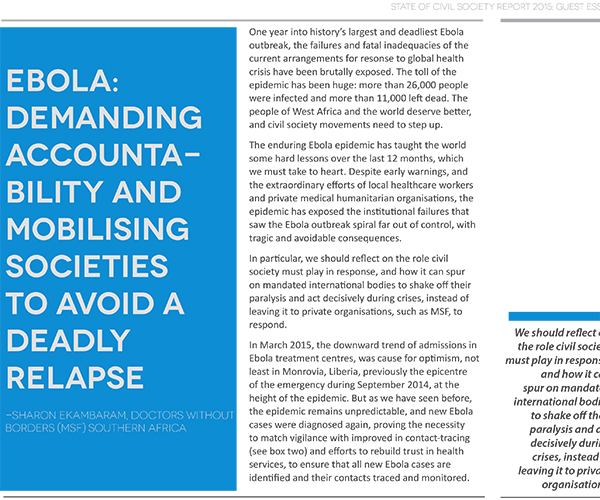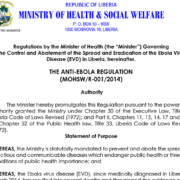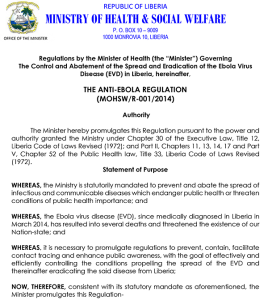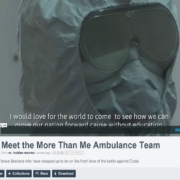WHO Outbreaks and Emergency Bulletin
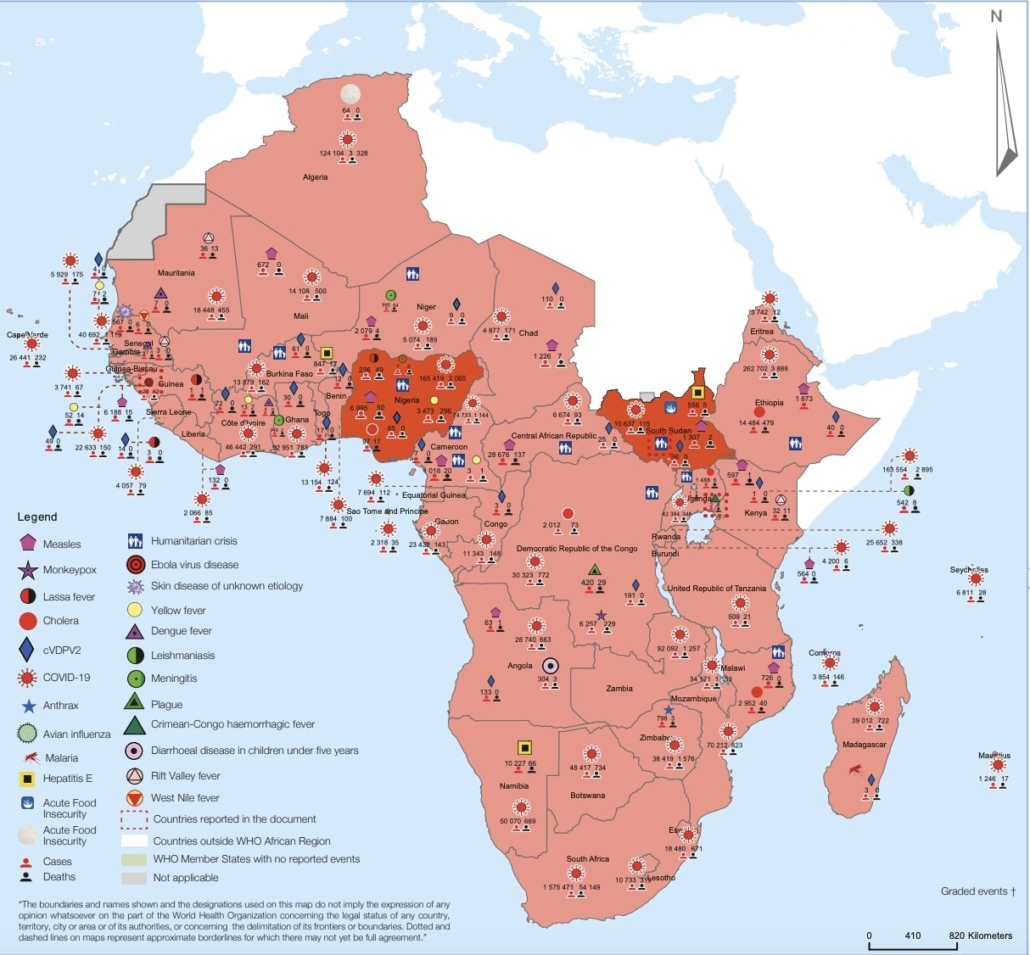 This Weekly Bulletin focuses on public health emergencies occurring in the WHO African Region. The WHO Health Emergencies Programme is currently monitoring 129 events in the region. Weekly articles cover a range of diseases and currently include, amongst others: COVID-19 across the WHO African region and Ebola virus disease in Guinea.
This Weekly Bulletin focuses on public health emergencies occurring in the WHO African Region. The WHO Health Emergencies Programme is currently monitoring 129 events in the region. Weekly articles cover a range of diseases and currently include, amongst others: COVID-19 across the WHO African region and Ebola virus disease in Guinea.
For each of these events, a brief description, followed by public health measures implemented and an interpretation of the situation is provided.
A table is provided at the end of the bulletin with information on all new and ongoing public health events currently being monitored in the region, as well as recent events that have been controlled and closed. A free subscription to the bulletin is available.

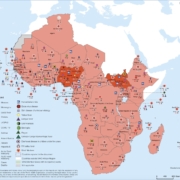
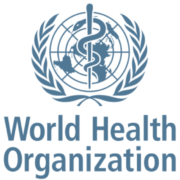
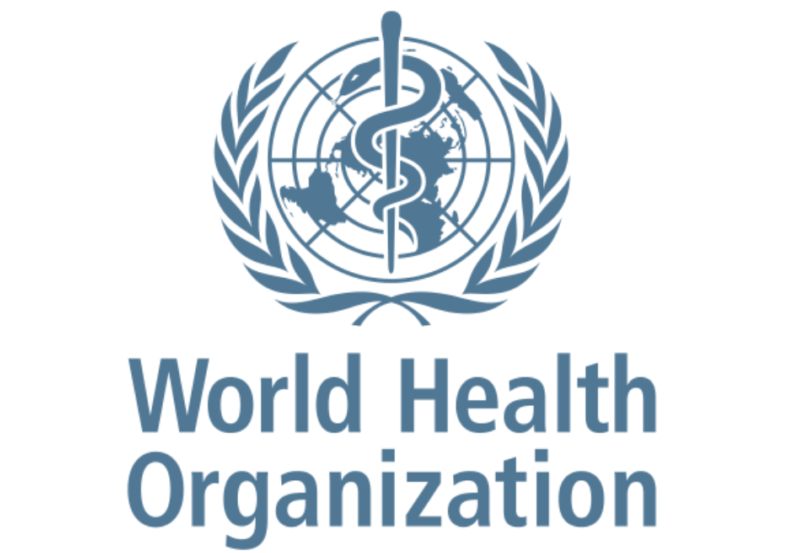
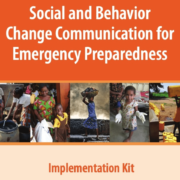
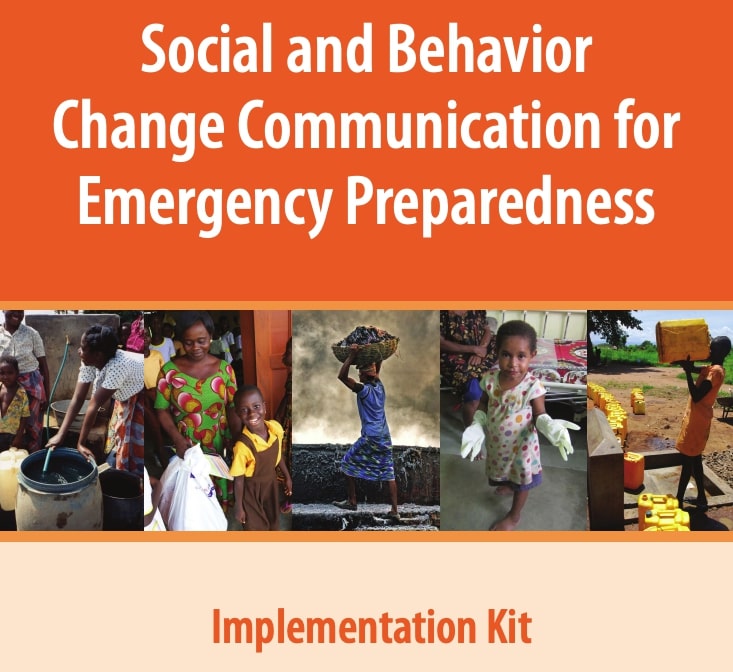 Johns Hopkins Center for Communication Programs (JHCCP) developed toolkit that provides essential information and tools for responding to an outbreak using an SBCC approach. It presents a series of nine units, each accompanied by exercise worksheets to help link the SBCC theory to practice.
Johns Hopkins Center for Communication Programs (JHCCP) developed toolkit that provides essential information and tools for responding to an outbreak using an SBCC approach. It presents a series of nine units, each accompanied by exercise worksheets to help link the SBCC theory to practice.